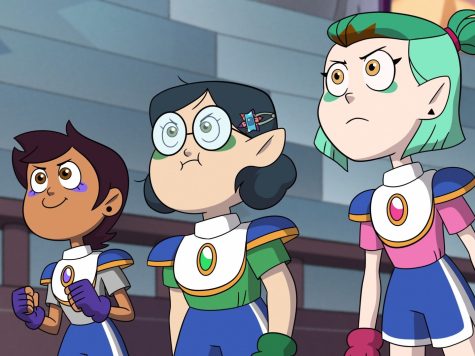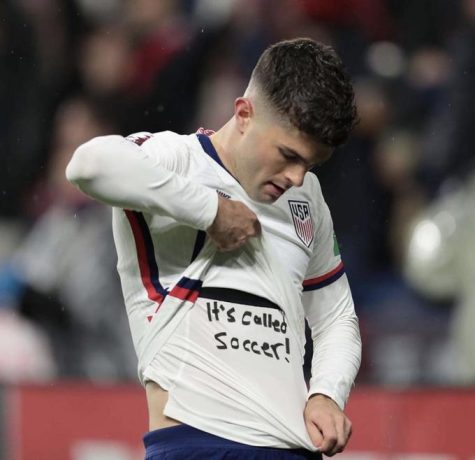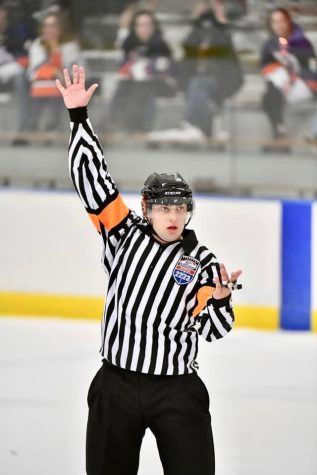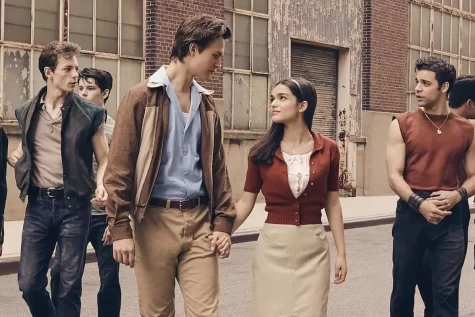The Unimpeachable Power of “Mr. Brightside”: On Anthems of Youth
It’s the end of the night at a gathering of teens/twenty-somethings (say a school dance, although part of the magic is that this works at any such gathering). It’s been a fun night. Music plays, but what is it saying? Music at events of this sorts is essential; the whole mood is set by the selections, and a weird mix can, as most will attest, throw off the entire night. There’s a fine art that goes into picking the right songs, but slam dunks do exist: for a real throwback, “Don’t Stop Believing” or “Sweet Caroline”, for a good old pop-punk throwback, “All the Small Things”, for the grade school pop singalongs, “Dynamite” or (as we discovered at our very own Homecoming) “What Makes You Beautiful.” There’s one song in particular that, in my experience, outstrips all others in the consciousness of the class of ‘19 and its surrounding fellows: The Killers’ “Mr. Brightside”, a rip-roaring 3:43 that rivals “Don’t Stop Believing” for first-line screams from whatever collection of young people may have come together at the particular moment.
“Coming out my cage and I’ve been doing just fine”, the song slams in with, before moving into a tale of some incident of infidelity, the exact plot details of which are besides the point. It’s an iconic line, the stuff of legends. At once, it’s memorable and evocative–– we all feel the optimism, even as we know that it will collapse for the narrator, as it so often does for us. And it’s just so easy to scream at the top of your lungs in a room with anywhere between three and three thousand other people.
In any other song, an opening salvo of that caliber would be the immediate favorite line of anybody you might ask, and for many, it is. For me, there are two other moments that elicit arguably an even more beautiful response (and that’s without mentioning some of my personal favorites, instrumental but nicely replicable with a voice when it doesn’t really matter what you sound like: the opening guitar arpeggio and the whoomping sort of vacuumed-sounding synth in between lines of the chorus). The first of these comes at what might be called the start of what might be called the chorus––the song barely fits into defined sections, moreso just slamming through word after word without really stopping to think about it––and can be immediately conjured in one’s head with just the word “jealousy”, a pure stadium (or dancefloor)-ready chorus, and the second comes at the end of that same part, the one little moment of respite from rapid-fire lyricism: the held “I’m Mr. Brightside”; again, that glimmer of hope peeking through the hell brings it into the terrain of near-universal relatability. We all want to be Mr. Brightside (in name, at least, ignoring actual context): in the song, singer Brandon Flowers is, by the sound of it, convincing himself that he’s not in the spot he is by sheer will and emotion.
There’s the power of “Mr. Brightside”, why it’s my candidate for the arbitrary title of the current generation’s “Don’t Stop Believing”: it’s hopeful, it’s relatable, it’s got an immediately catchy set of verses and a positively cathartic chorus. What more could we want in those moments where the only thing that matters is that we want the same thing as everyone around us?














